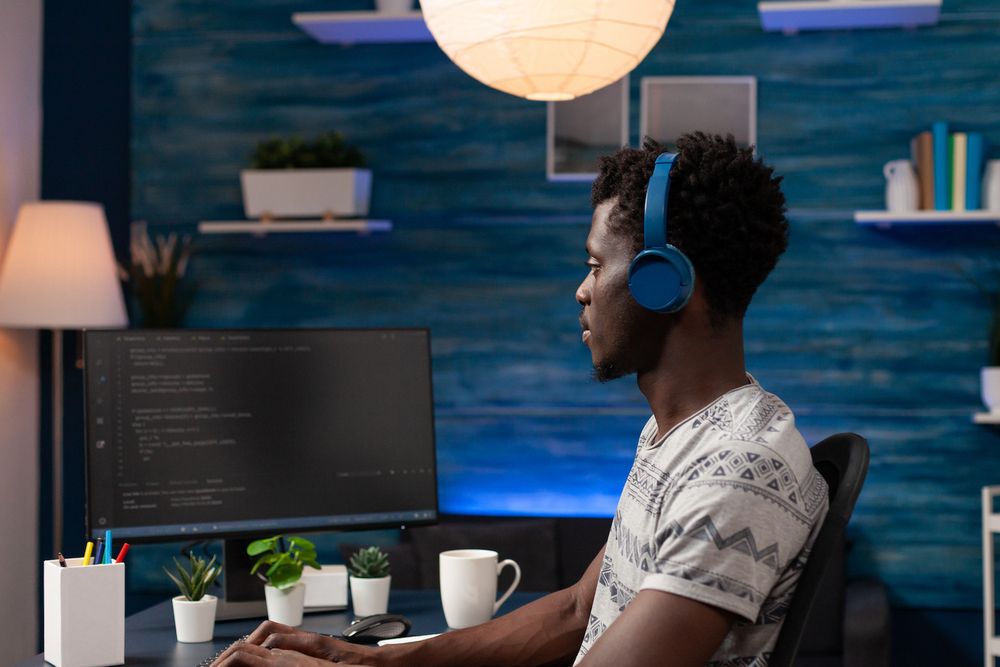Two brothers transformed their struggled family business the world's most recognized company
Even as young children, Kuni and Tomo Hijikata believed that their company was worthy of fighting for. Established at Nagoya, Japan back in 1936 in 1936, the Hijikata family's casting iron foundry was known for its meticulous accuracy. However, by the time it was in the early 90s its future at risk. Being the inheritors of the long-running company, Kuni and Tomo knew they had the responsibility to preserve their casting iron craftsmanship intact.
The two brothers worked at Toyota and Toyota Tsusho, but they saw a potential to design cast iron cookware meant to last generations -- so both brothers left their regular jobs and went full-time into saving the family's business. Brothers trained on the floor of the foundry, as craftsmen, and in 2010, Vermicular was created. The first time their cast iron pot was introduced to the market, demand exceeded the 15-month waitlist, driven largely by enthusiastic word of mouth.
Ten years later more than a decade later, Vermicular is now a decade old. Vermicular team has set its goals for global expansion. currently offering their goods in China, the U.S., China, as well as beyond. To best communicate the value of their cookware to new, international markets, Vermicular has invested heavily in the creation of videos that promote their products. "Without the videos we'd have a much tougher expansion of our company," says Mark Hayashi the Vermicular's Director of U.S. Office. We spoke to Kuni, Tomo, and Mark to get a better understanding of Vermicular's plan to go global with video. Watch their story above, as well as read their full interview below.

"We often think of our video assets as be an extension of our company's brand and our products. Video is always more efficient than just the written word. And this is especially true for cooking." Mark Hayashi, Vermicular's Head of the U.S. Office
How did you develop this product?
Tomo: "I thought that we could make use of our company's casting iron know-how to make enameled cast iron containers equipped with lids that are perfectly fitting. But there was no precedent in Japan. We were aware that we'd need to invent it ourselves.
To master everything we could Kuni and I sat on the floor of the foundry. Kuni became a casting craftsman and I became a precise machine specialist. It took us 3 years, and 10,000 times to create a prototype that delivered on our goal."
What was the process of establishing your brand to Japan?
Mark: "Brand storytelling has always been at the foundation of our communication and marketing strategies. Telling stories of our unique heritage and our commitment to excellence has resonated with our target audience and made us feel more connected to them on a deeper level.
We began by creating video concepts around our brand mission. If we are creating a branding story video or how-to-product videos ensure that our content reflects who we are. At the start, we didn't focus so heavily on sales in the short term and instead focused on maximizing customers' satisfaction over the long term from a standpoint."
What has been your biggest issue in creating Vermicular? Vermicular brand beyond Japan?
Mark: "Our biggest challenge was the difficulty in communicating. When we first launched Vermicular in 2010, we've had a lot of challenges. Vermicular brand in the year 2010, we've established a solid reputation in Japan but none of that was transferred to outside Japan. The only thing we had to do was start building the Vermicular brand completely from scratch this was difficult and took intensive preparatory work prior to launch."
Where did you invest first when looking to build the global recognition for your brand?
The content you have created for your brand is clearly beautiful. How did you achieve this high standard?
Mark: "We partnered with the branding agency for the branding video and we took a long time agreeing on the 'look and feel' of the lighting, the casting and clothing and food styling. We also spent quite some time bouncing between us on the creation of videos storyboards, which were the mainstay during the entire process, including shooting days.
With so many people involved in the shoot, there's often unexpected setbacks that result in delays at the onset. A solid narrative that is accompanied by a precise shoot schedule helps establish clear expectations and guide everyone involved in the shoot to follow the identical direction. Not only did our storyboards serve as a clear map of our hectic shoot days, it also helped us get through post-production issues. I think this step is crucial for smaller companies that have a small budget."
Which are the best places to invest the money you earn in order to continue expanding?
Mark: "Our hypothesis was creating a product video along with a how-to-video series would enable our customers to enjoy the maximum capabilities of our induction cookware. In our statement, our mission doesn't stop when our customers make a purchase of our cookware.
Our desire is to have our customers enjoy cooking with the Vermicular cookware as long as feasible. We've noticed clear results of these instructional videos as they assist in educating the cookware owners, but also aid the shoppers gain a greater understanding about the use of the cooker."
Video has helped in establishing a name for Vermicular around the world?
Mark: "Definitely! Many. The way we think about our videos as an extension of our brand and products. We may not have the largest budget, but we do spend many hours trying to find the narrative and structure of the videos that are most effective in telling our story. Visuals always work better over writing, and this is especially true in the realm of cooking."
What are the reasons the team use to host and embed your videos?
Mark: "We prefer for many reasons, but the first is the customizable capabilities to embed video. It is clutter-free and free of ads. provides seamless user experience across the site and safeguards the 'touch and feel' of our logo.
It also allows us to exchange the drafts of our content between teams from Japan and the U.S. and Japan, making it easy to receive feedback even if we're 5,000 miles apart."
What's the next step for Vermicular?
Kuni: "More innovative products are on the way and we will be expanding our product offerings in both the U.S. and across various Asian countries."
Mark: "We are currently planning our video content strategy that ranges from branded content that includes various farmers and chefs to explanation videos and how-to-videos that are going to be our most valuable assets in the years ahead."
